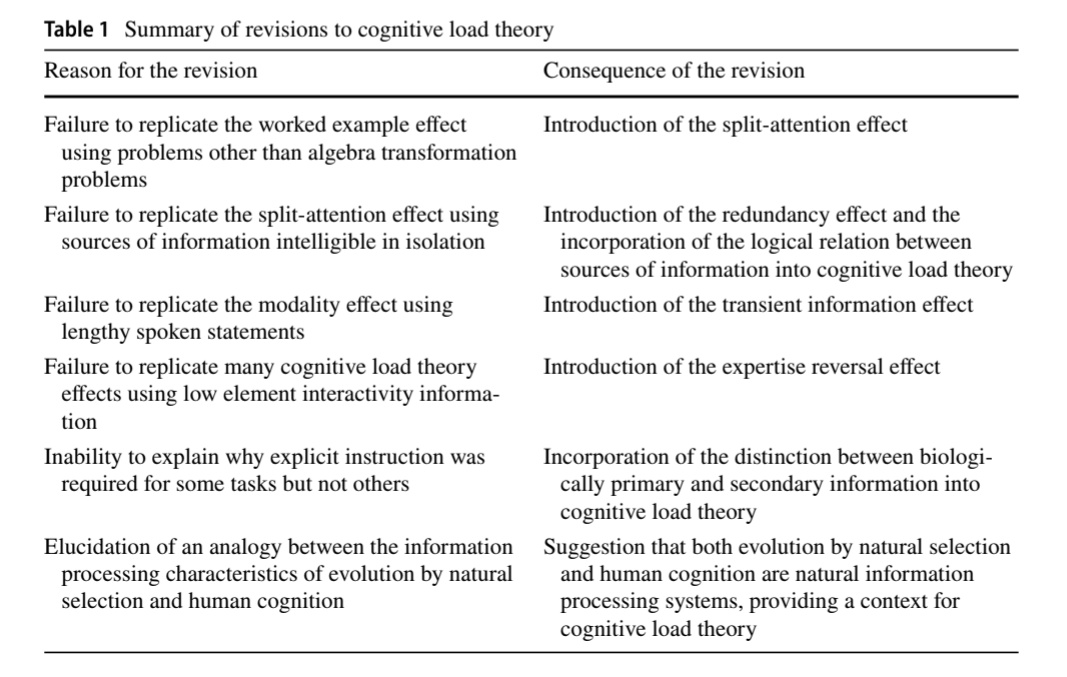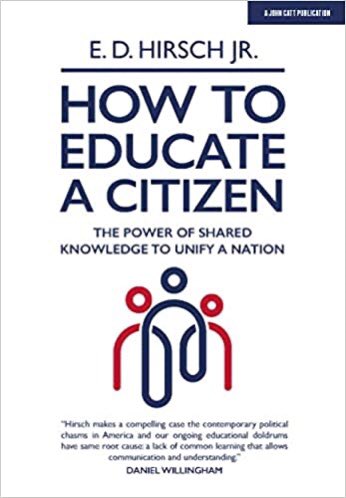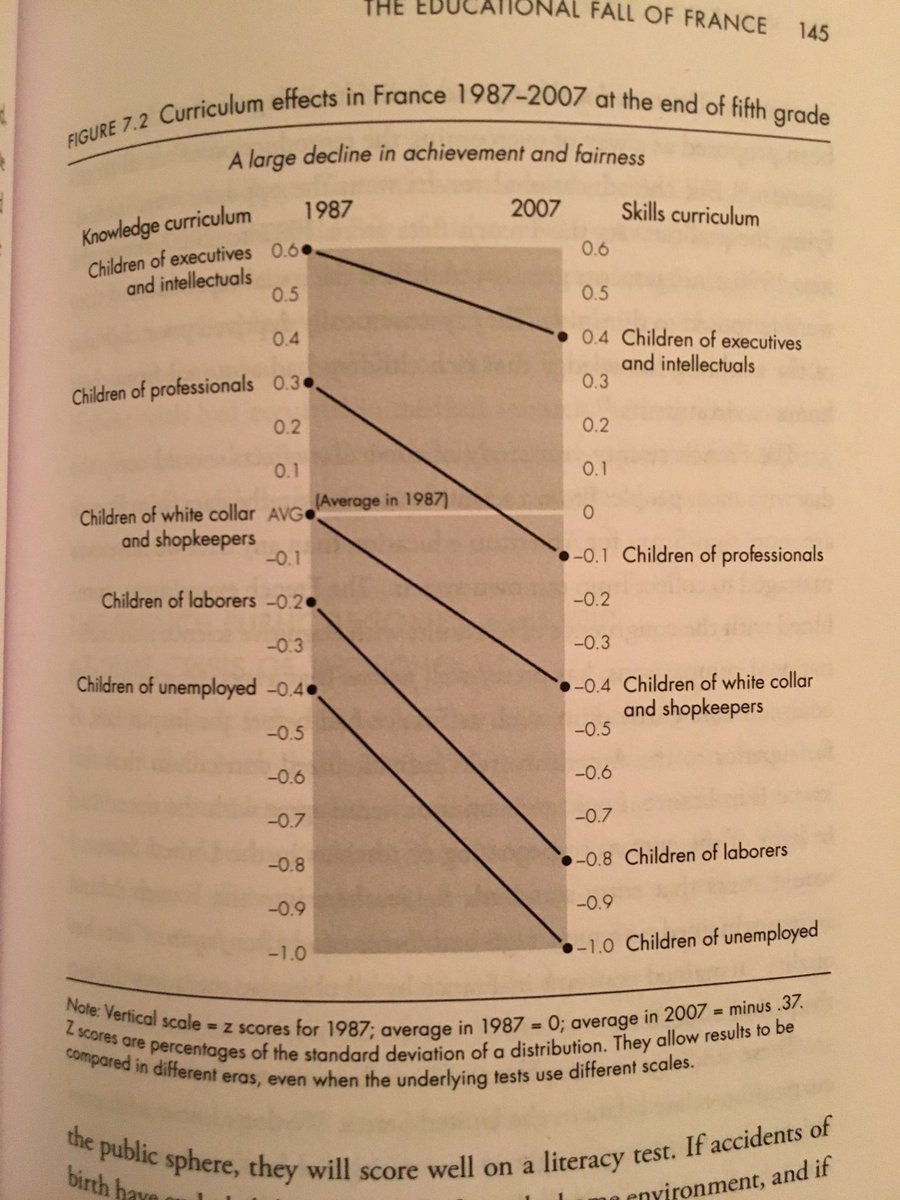
Professor in Mathematics Education, Director of Research, @MASEsoton, TIMSS+PISA, Research Methods, R, School Mathematics Project, Evolved to Disagree
3 subscribers
How to get URL link on X (Twitter) App


https://twitter.com/jon_severs/status/1836278981706010635Now some folk will say that that will still be the case if you 'push back' content to later education phases, there is a risk that every phase will say 'the next one will have to do it'. This is why we always must keep both procedural and conceptual knowledge firmly in focus.


https://twitter.com/thebandb/status/1434840362716119041So, we are talking about the same source and there's much to say about the scales (the casual way in which the paper equates scales reminds me of papers that declare inquiry, PBL, student-orientation all the same, when they're not).
https://twitter.com/cbokhove/status/1426159690573037581?s=19


 Let me begin by saying that it’s quite clear that a desire for social justice really drives Hirsch. I seems passionate in both audio and writing. Several people, including himself, gave called this (last) book his most pronounced.
Let me begin by saying that it’s quite clear that a desire for social justice really drives Hirsch. I seems passionate in both audio and writing. Several people, including himself, gave called this (last) book his most pronounced.

https://twitter.com/cbokhove/status/1308847234197454848The tweet was about transfer of course but quite often those commenting on transfer combine it with the domain-specificity of knowledge. Take chess. De Groot, Herbert, Simon... or Leslie and Recht’s baseball study....take-away: knowledge matters...
https://twitter.com/cbokhove/status/1307606782295117824Of course the paper is medicine oriented but given that some like to make that comparison any way... In social science there often are even more challenging limitations. But the 'randomisation' points here also apply....


 In the blog I use my basic knowledge of French (exam when I was 17) to decipher the source data: education.gouv.fr/les-performanc…
In the blog I use my basic knowledge of French (exam when I was 17) to decipher the source data: education.gouv.fr/les-performanc…